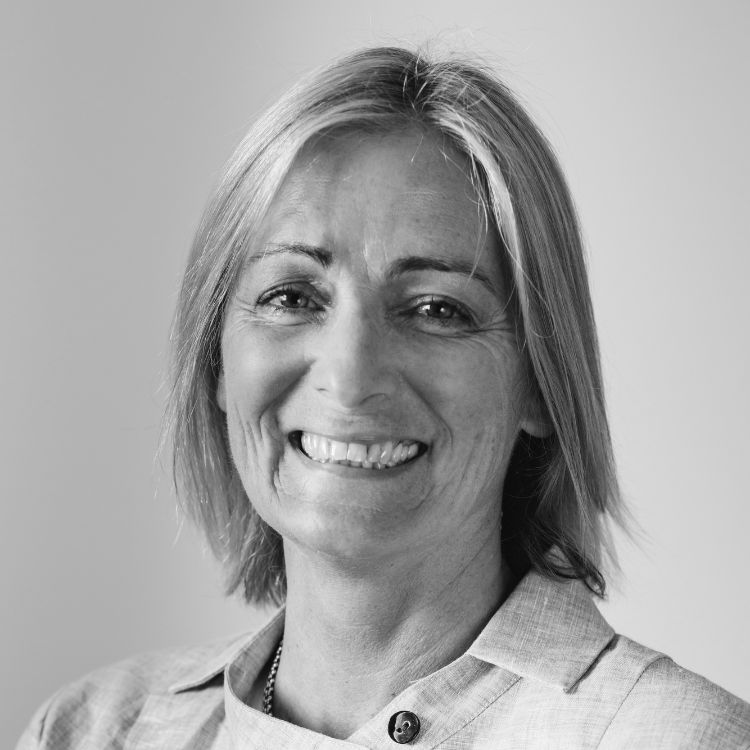In his own way, the great Napoleonic surgeon Dominique Larrey has influenced the progress of your career! Over 200 years ago he halted the practice of treating ranked officers ahead of foot soldiers, and instead introduced the modern rule of triage of casualties; that is treating the wounded according to their level of injury and urgency for medical care. We’re saluting a long departed hero of another time and in a very different field, but whose legacy also affects us all. Read on and join the dots.
“Dominique Larrey knew that those with critical injuries would stand a good chance of survival if they were operated on within the first hour of their trauma occurring. Those with minor injuries were made to wait, while the more seriously injured were attended to. Those deemed to be mortally wounded were put aside, often with alcohol to comfort them until they passed away, whilst resources were concentrated on those who could survive.
This process of systematic evaluation became known as ‘triage’, a French word meaning ‘to sort’.
No one dared to question Larrey’s triage system for fear of being deemed aristocratic – a status that would almost certainly attract the attention of the dreaded Committee of Public Safety, the ruling council in Paris.”
Recruiters have to be adroit ‘sorters’ of CVs and we’ve taken a few tips from Larrey. It sounds harsh that sometimes the hours you’ve put into preparing a CV can be scanned and assessed in all of 10 seconds by a recruiter. But that is the task and fortunately we’ve moved well beyond previous prejudices that were blinkered by creed, culture and colour, the Queen’s English and postcodes.
So what is that we’re looking for in terms of (i) ‘Not for this job’, (ii) ‘Maybe for this job’ and (iii) ‘Yes, I want to meet’?
Every role is different, but here are some of the 10 fast-as-lightening assessments that have to be made in ‘the War for Talent’.
Triage Language: Won’t Survive. Slade Group: Not for this job
- Too many moves
Once you’ve grown through your 20s, we’re looking for ‘stickability’. If you’re ‘out looking’ every one to two years in your 30s and 40s, then sadly your career is heading for the morgue.
- Failed English
If you can’t spell, then use spellcheck, and if you can’t draw together a reasonable sentence, then getting ahead is going to be hard.
- Completely irrelevant experience or skill set
Don’t waste our time.
Triage Language: Serious Injuries. Slade Group: Needs more time to assess
- Some relevant experience
Interesting related experience; might not have worked in the same sector or similar role but has related experience that could add real value.
- A succinct career statement
Makes it enticing to invest more time to understand what this candidate could bring to an organisation.
- Relevant qualifications
A technical role often requires relevant qualifications; think accounting, engineering, the law, medicine and IT. Not always the case, but often the case.
- Concise and easy to read
This simple tip puts yours ahead of CVs that have to be read twice, that are filled with paragraphs and lengthy narrative.
Triage Language: Minor Injuries. Slade Group: Almost perfect, get them in for interview
- Achievements
A CV with real cache will highlight respected career achievements to excite a recruiter and your next employer.
- Career Trajectory
Several internal promotions at a number of long stay roles, and/or successive, successful career steps will shape a blue chip CV.
- Blue chip qualifications, employers and documented achievements
Hard to beat the trifecta.
If you haven’t been getting to interview, perhaps review the roles you’re applying for and check in with your own CV to make sure it’s not working against you.
That’s our world @work on this our 100th Blog. What’s your point of view?
Please keep up the feedback, comments and input.
Featured image: Wounded arriving at triage station, National Museum of Health and Medicine, Creative Commons licence

Anita is the Executive Director of Slade Group, and a member of the advisory board. In a career spanning roles working in government, not-for-profit, public company and the SME sector, Anita has a broad view of the landscape of Australians at work. Committed to making a difference in her professional and personal life, Anita is a Director of the Wheeler Centre for Books, Writing & Ideas, previous Chair of Melbourne Girls Grammar School, and a Non Executive Director of online men’s lifestyle publisher Boss Hunting.
